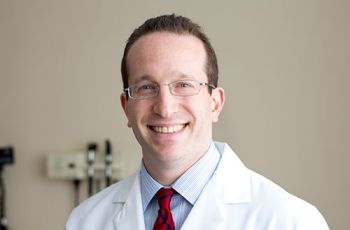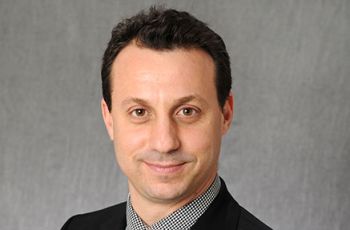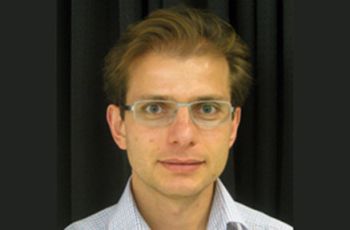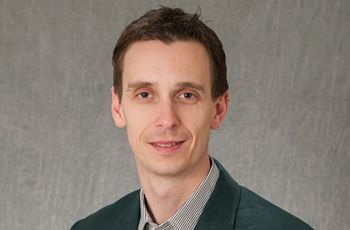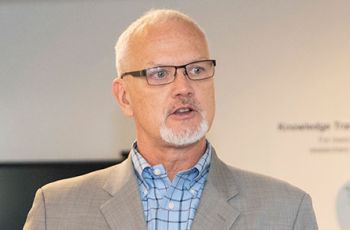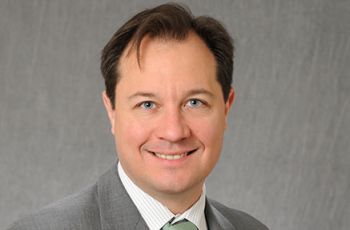Research News
Adam Friedman, MD, professor of dermatology at the GW School of Medicine and Health Sciences, and his team investigated the use of nanotechnology to improve efinaconazole treatment and make it more cost effective.
A recent clinical trial at GW showed no significant support for tamsulosin use for kidney stone passage.
Research published in Cancer Cell by George Washington University (GW) Cancer Center researcher Alexandros Tzatsos, MD, PhD, found an important connection between the KDM6A gene and the most aggressive form of pancreatic cancer.
A team of researchers at the GW School of Medicine and Health Sciences compared the toxicological impact of cryosurgery with an FDA-approved topical 40 percent hydrogen peroxide solution (A-101) for the treatment of seborrheic keratosis, in human skin equivalents derived from darker skin types. The…
Researchers at GW and the University of Georgia are partners in a project that will soon be able to provide a way for questions asked by those studying glycoscience to be answered by big data.
A research team led by Brad Jones, PhD, from GW School of Medicine and Health Sciences found that HIV-infected cells are resistant to CD8+ T-cells. The research was published in the Journal of Clinical Investigation.
Researchers at Baylor College of Medicine, in collaboration with a team of researchers at the George Washington University and the René Rachou Institute, have received funding from the National Institutes of Health for a Phase Ib clinical trial for a Schistosomiasis…
Kenneth Harwood, PhD, PT, associate professor of clinical research and leadership, received the Health Services Research Pipeline Grant from the Foundation for Physical Therapy to study how the timing of physical therapy (PT) care and provider mix affects health care costs, utilization, and short-…
The GW School of Medicine and Health Sciences is pleased to announce that distinguished researcher and neural development pioneer, Sally A. Moody, PhD, professor of anatomy and regenerative biology, has been appointed to serve as chair of the Department of Anatomy and Regenerative Biology…
Jesse Pines, MD, MBA, director of the Center for Healthcare Innovation and Policy Research and professor of emergency medicine, and Arvind Venkat, MD, chair of research at US Acute Care Solutions, co-authored a report published in Annals of Emergency Medicine finding major measurement issues in…
